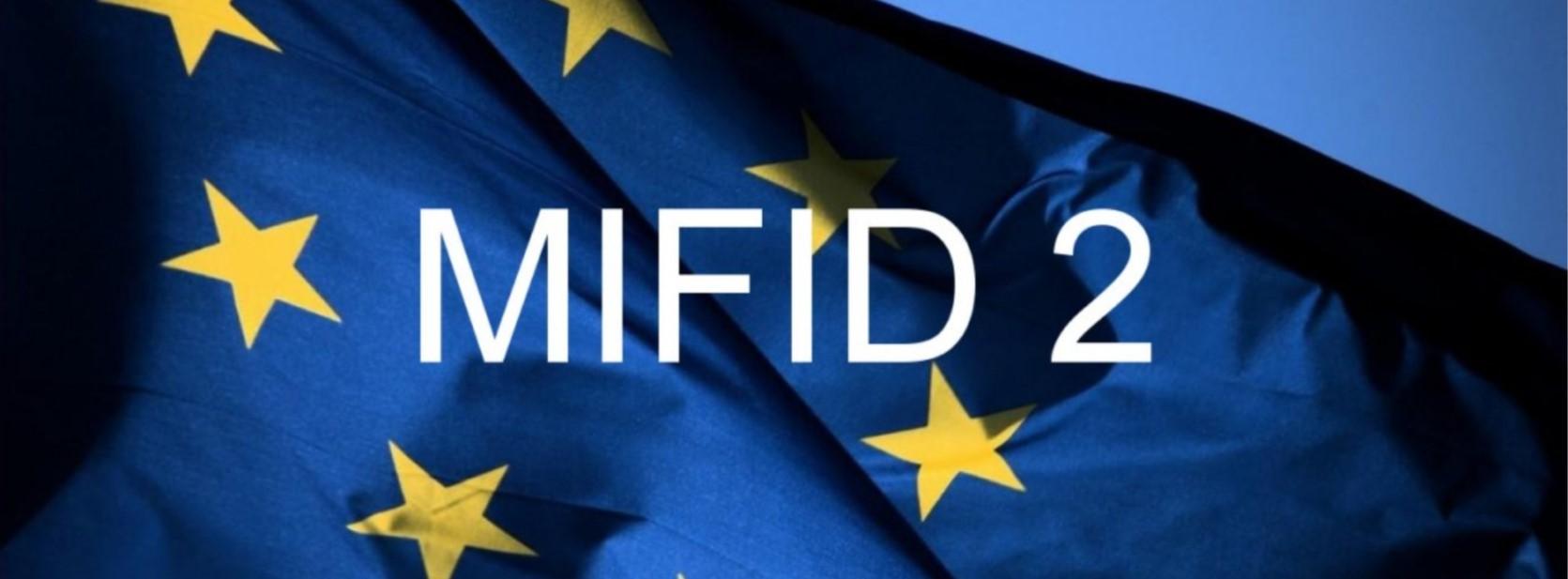(Note: companies that could be impacted by the content of this article are listed at the base of the story (desktop version). This article uses third-party references to provide a bullish, bearish and balanced point of view; sources listed in the “Balanced” section)
Effective as of January 3, 2018 in the European Union, the Markets in Financial Instruments Directive (MiFID) II is a legislative framework that builds upon MiFID I (put into force on November 1, 2007) to regulate financial markets in the EU and to improve protections for investors. MiFID II covers nearly all aspects of financial investment and trading affecting nearly all financial professionals within the EU. A key element of MiFID II is the unbundling of research costs from trading/execution costs. Traditionally and to a large extent currently in the U.S., institutional money managers received access to the investment research of Wall Street brokerage firms as part of doing business with the firm, oftentimes via directing trading activity through such firms. MiFID II requires fund managers in the EU to either pay for research themselves or to set up a research budget account, where the budget has been agreed with the client.
MiFID II, however, is not compatible with existing U.S. SEC regulations, which prohibits funds from paying cash to U.S. brokers for investment research. This has created some conflict and confusion among investment managers, particularly those with operations that fall under the EU directive. In 2017, the SEC issued three no-action letters allowing U.S. broker dealers to comply with certain MiFID II research unbundling requirements when they are doing business with European investment managers. This relief expires in July 2020.
